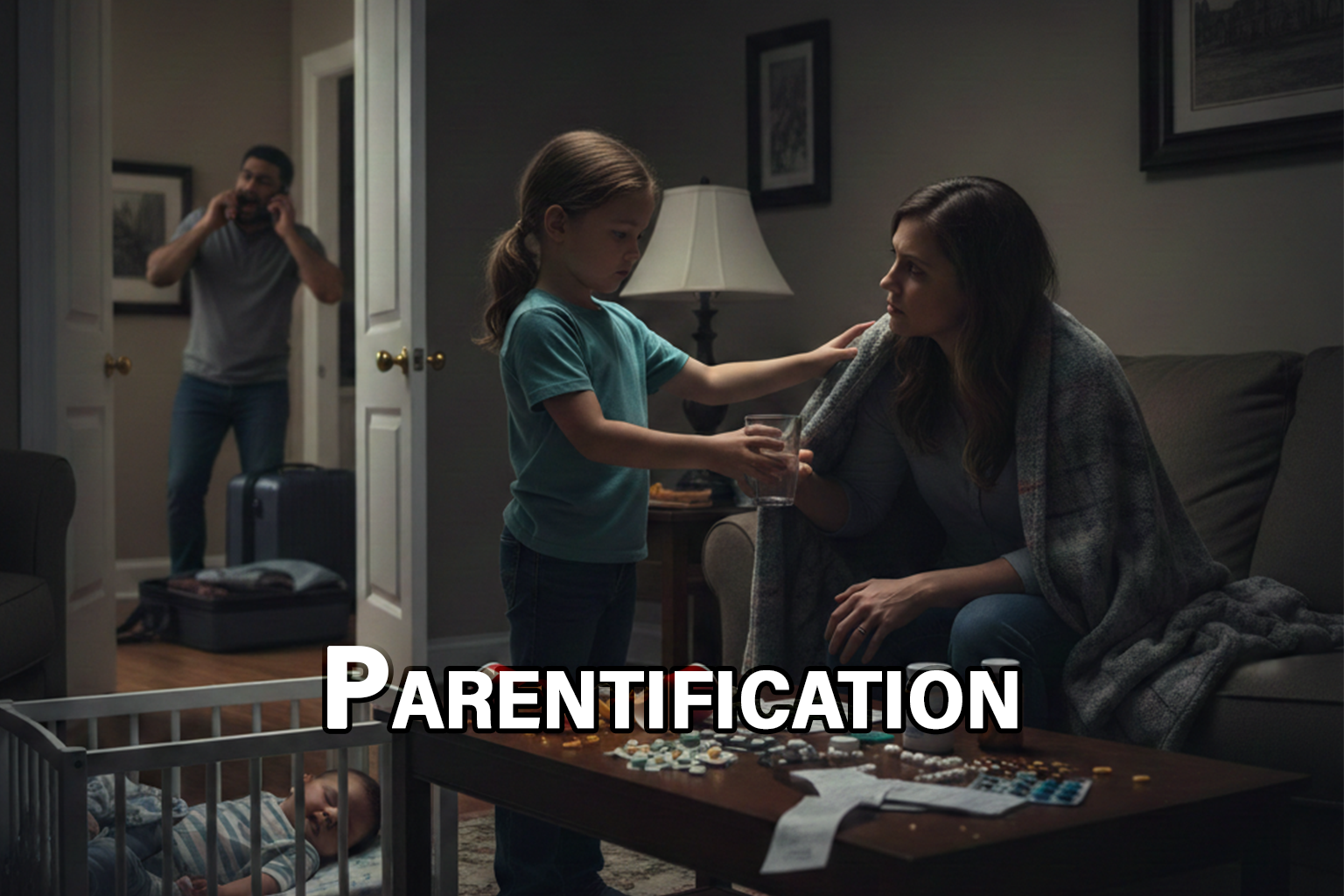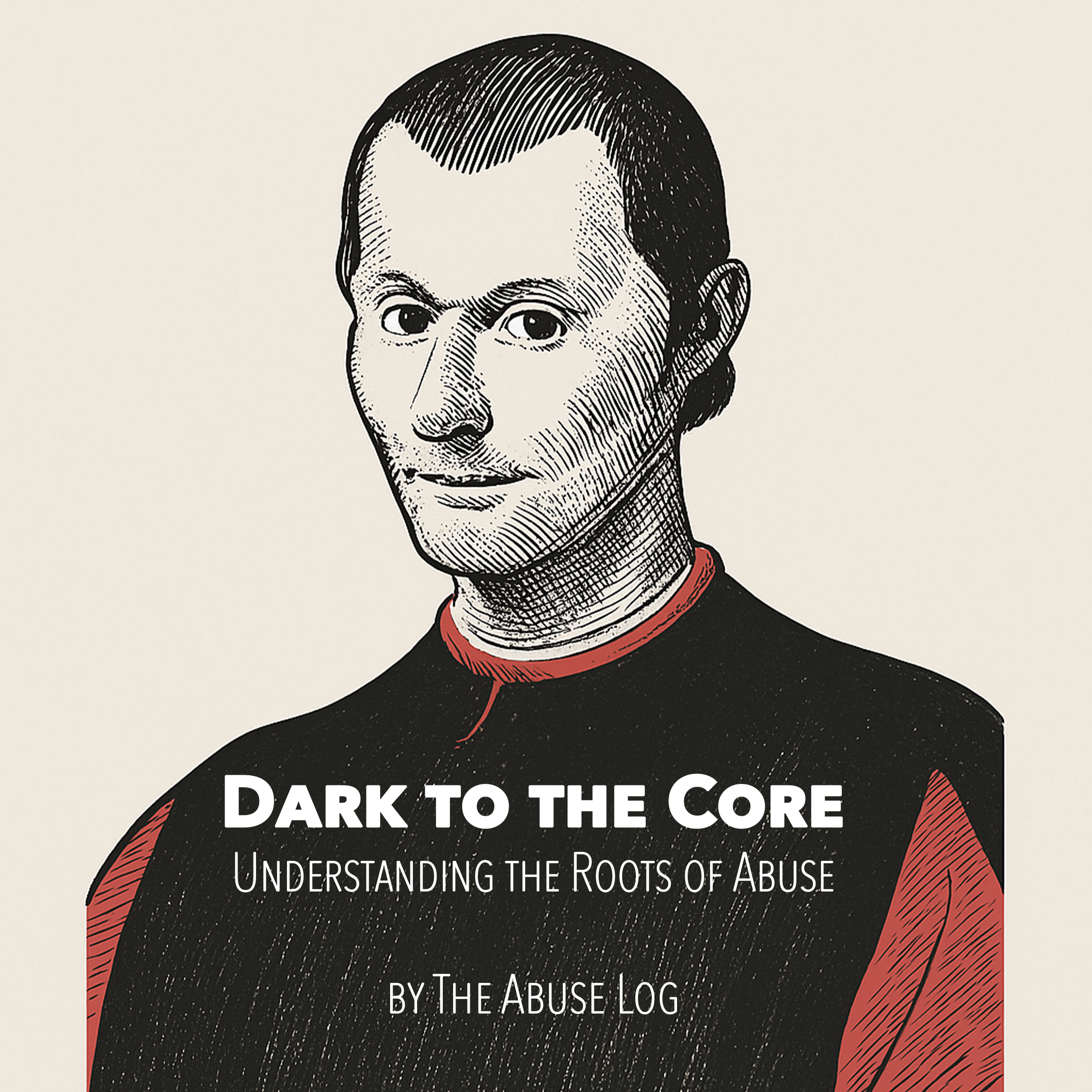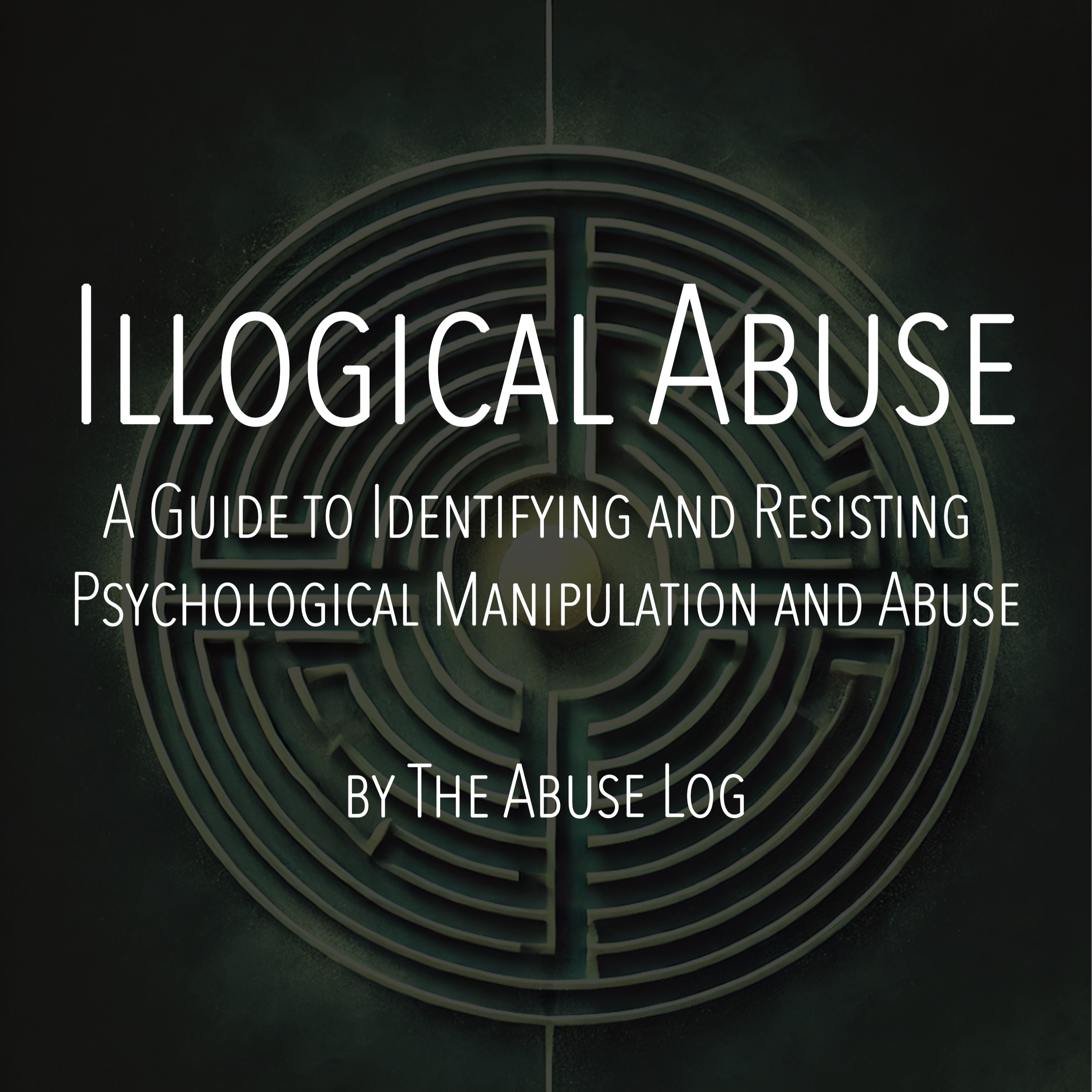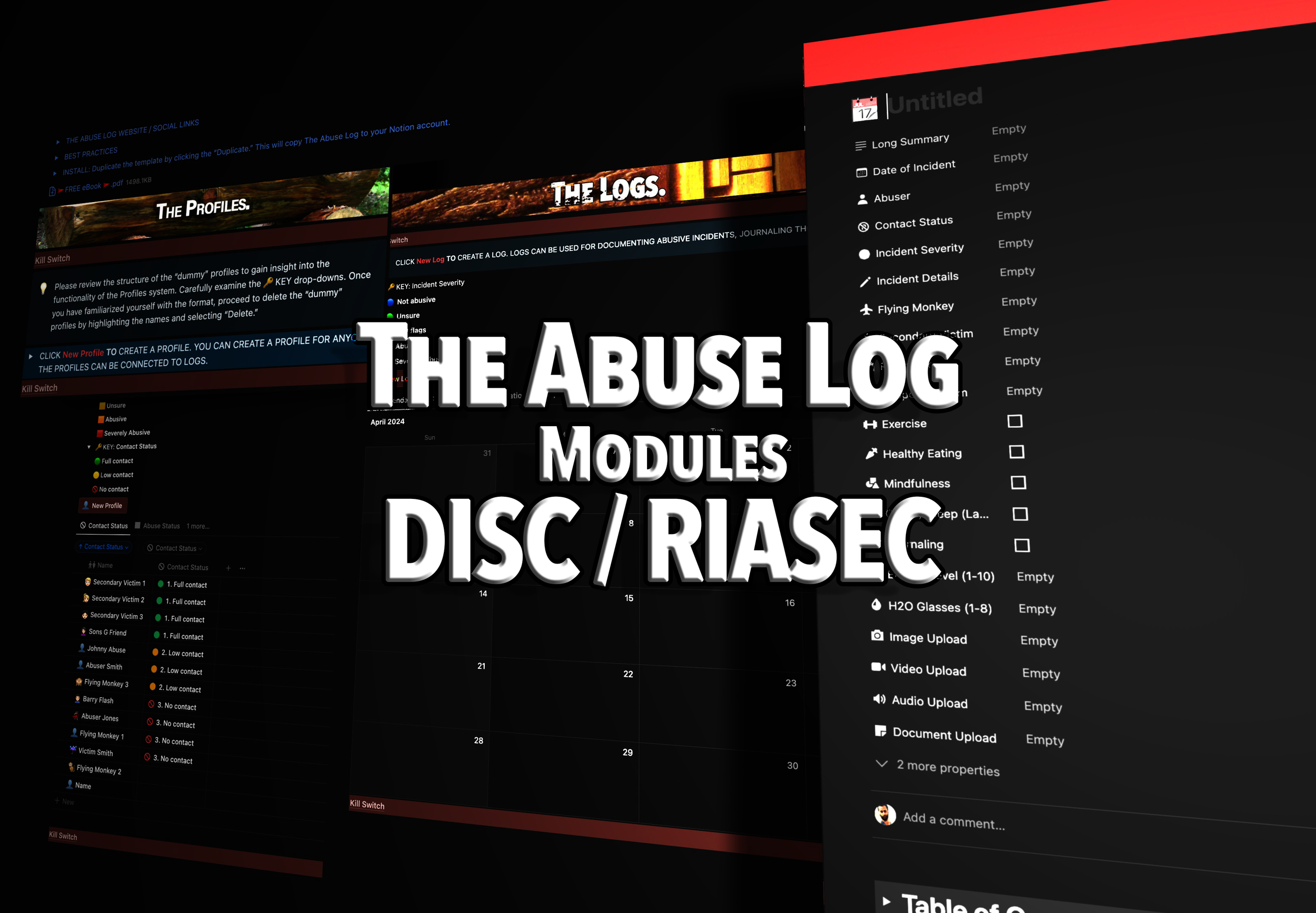Monkey Branching
In the quiet erosion of a relationship, sometimes the end doesn’t come with a conversation—it comes with a replacement. Monkey branching is a term that captures this exact experience: when a person lines up their next romantic partner before letting go of their current one, swinging from one relationship to another like a monkey swinging from branch to branch. But this behavior isn't just painful for those left behind—it also reveals deeper truths about emotional maturity, attachment styles, and the modern dating landscape.
What Is Monkey Branching?
At its core, monkey branching is the act of pursuing a new relationship while still committed to a current one. Unlike traditional cheating, monkey branching often appears more calculated: there’s emotional or sexual overlap between relationships, but also a strategic element—one foot out the door, one eye on the next “better” option.
The term draws from the imagery of monkeys in trees, who never let go of one branch until they have a firm grip on the next. For people who monkey branch, relationships become less about love and commitment, and more about security, validation, or convenience. The behavior is often disguised as “moving on quickly,” but underneath the surface lies an unresolved dynamic rooted in avoidance, fear, or entitlement.

The Psychology Behind Monkey Branching
To understand monkey branching, we need to look at the psychological mechanisms behind it. This isn’t always about malice—though in some cases it can be. More often, monkey branching is the symptom of deeper emotional wounds or learned behaviors.
1. Fear of Abandonment and Attachment Issues
Monkey branching is often linked to anxious or avoidant attachment styles. People with anxious attachment may fear being alone and seek constant reassurance, while avoidant individuals may deflect intimacy by keeping their options open. Either way, the result is the same: emotional instability masked by strategic transitions.
2. Low Self-Esteem and Validation-Seeking
When self-worth is externally sourced, attention from others becomes currency. Those who monkey branch may struggle with internal validation and seek a constant stream of affection or admiration from new partners to stay afloat emotionally.
3. Narcissism and Manipulation
In some cases, monkey branching aligns with narcissistic traits or borderline tendencies. For narcissists, relationships serve the purpose of ego-feeding. The moment their current partner stops “providing supply,” they shift to a new source. There’s often a charm offensive with the new person, while the old partner is devalued or ghosted.
Red Flags You Might Be a Victim of Monkey Branching
One of the most painful aspects of monkey branching is the denial and confusion it causes. The partner being left behind often senses something is wrong but can’t quite put a finger on it—until it's too late.
Here are common signs:
Sudden emotional distance or irritation
Defensiveness when asked about their phone or social media
Talking about a “new friend” or coworker excessively
Withholding affection while blaming you for the relationship's decline
Quick rebound with someone new—often immediately after the breakup
Sometimes, the person monkey branching will stage fights or create emotional distance to justify their exit, all while gaslighting the partner into believing the problem lies with them.
The Aftermath: Betrayal, Grief, and Identity Collapse
Being the one left behind by a monkey brancher can trigger a complex emotional trauma. It’s not just heartbreak—it’s a crisis of reality. The suddenness of the exit, the ease with which the partner moves on, and the sense that the relationship was already “over” before you even knew it—it all compounds the pain.
Some survivors report:
Intense self-doubt and self-blame
Obsessive comparison with the new partner
Ruminative grief (“Was any of it real?”)
A collapsed sense of trust in future relationships
The cruelty of monkey branching lies in its emotional dishonesty. The person may have mentally exited the relationship long before they ended it—leaving the partner emotionally stranded in a story they were no longer part of.
Healing from a Monkey Branching Betrayal
Recovery is possible—but it requires truth-telling to yourself about what happened, grief for what you thought the relationship was, and boundaries against rewriting the narrative to suit the person who hurt you.
1. Name It for What It Was
Call it monkey branching. Call it betrayal. Use whatever term gives you clarity—but resist the urge to minimize. Euphemisms keep us stuck. The truth sets us free.
2. Understand Their Behavior Is About Them
Even if you had flaws (as we all do), monkey branching reflects a lack of maturity, integrity, and emotional courage in the other person. You didn’t cause them to cheat or deceive; they chose to manage their unhappiness with cowardice.
3. Cut Off All Communication
Avoid contact, mutual friends, or social media stalking. Monkey branchers often keep their exes on a psychological leash, reaching out “just to check in” when their new relationship hits a rough patch. Don’t fall for it. Let the bridge burn.
4. Rebuild Your Identity
Focus on who you were before the relationship—and who you want to become now. The goal isn’t revenge or rebound—it’s reconnection to your self-worth.
Why Monkey Branching Is Increasing
In the age of Tinder, Instagram, and constant dopamine hits, monkey branching is almost normalized. There's always someone in the DMs, always a new "opportunity," always an illusion of endless options. But the truth is, the more we treat relationships like stepping stones, the less capable we become of intimacy, repair, or emotional accountability.
Monkey branching is not just an individual issue—it’s a cultural one. We are raising generations to believe discomfort should be avoided at all costs, and that loyalty is negotiable if a better option appears. But in doing so, we are trading the depth of connection for the illusion of choice.
Final Thought
If you’ve been monkey branched, remember this: you didn’t lose a soulmate—you lost someone who was never capable of showing up with both feet. And no one swinging from branch to branch is ever grounded enough to love you deeply.
Your healing lies not in competing with the new partner, not in proving your worth, but in reclaiming your dignity, your clarity, and your capacity to love someone who’s brave enough to choose you fully.









































![🗂️ The Abuse Log [Basic]](https://images.squarespace-cdn.com/content/v1/65b9553c448d7e5b0ec1dfcd/4c83e581-b720-4cbe-83b1-2d72e7a9ac8a/Logo+Gumroad-Basic.png)
![🗂️ The Abuse Log [Advanced]](https://images.squarespace-cdn.com/content/v1/65b9553c448d7e5b0ec1dfcd/0d44e3de-2a17-4824-abe1-13b4daabea34/Logo%252BGumroadAdvanced.webp)
![🗂️ The Abuse Log [Professional]](https://images.squarespace-cdn.com/content/v1/65b9553c448d7e5b0ec1dfcd/7fa18cea-edf4-4325-8234-13f3527579c2/Logo+GumroadProfessional.png)















